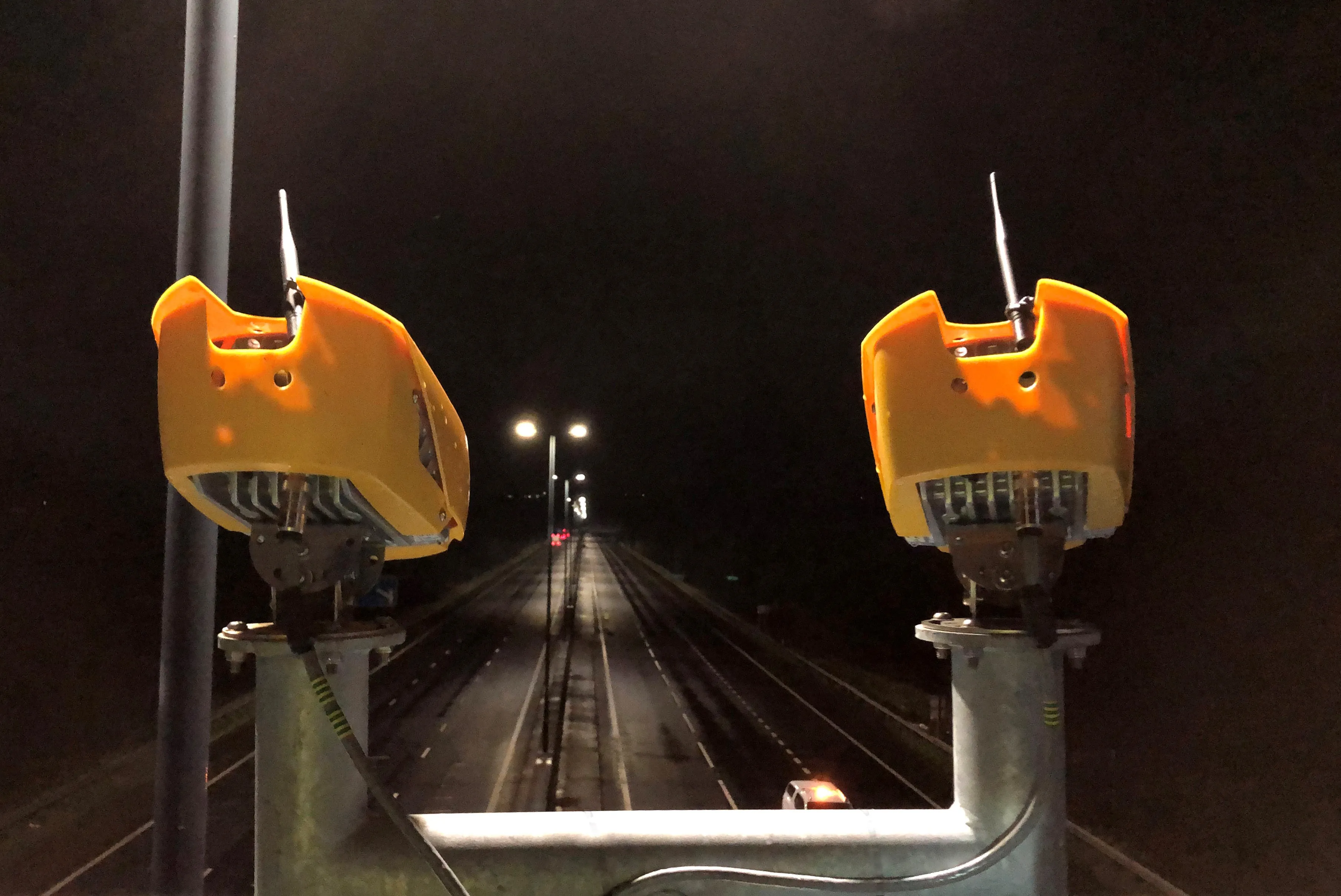Developed jointly by the Low Carbon Vehicle Partnership (LowCVP) and the Energy Saving Trust (EST) together with industry stakeholders through funding and support from the DEFRA/DfT Joint Air Quality Unit (JAQU), the just-launched Clean Vehicle Retrofit Accreditation Scheme (CVRAS) aims to provide the backbone of future retrofit funding for vehicle emission control systems.
By providing a single standard for any emission technology to be validated to meet the standards set out in the government’s Clean Air Zone Framework for England, the scheme will enable the existing fleet of urban vehicles (initially buses, but extending rapidly to a wide range of vehicles) to be fitted with proven emission control solutions.
Larger vehicles (buses, vans and HGVs) contribute over half of UK national average roadside concentration of nitrogen dioxide, according to Defra's AQ analysis. Next year the Government will publish a comprehensive Clean Air Strategy which will address other sources of air pollution.
The Clean Vehicle Retrofit Accreditation Scheme will provide independent evidence that a vehicle retrofit technology will deliver the expected emissions reductions and air quality benefits in real world operation. It will enable drivers, technology manufacturers, businesses and local authorities to be confident that properly verified and accredited technologies provide the appropriate emissions reductions to meet the standards in the government’s Clean Air Zone Framework for England.
The initial objectives of the scheme are to develop a set of test protocols (using the existing bus and commercial vehicle technology evaluation schemes as starting points) to accredit retrofit technologies which will deliver on road emission levels equivalent to. Euro VI/6, based on the best available data and representative operating cycles.
The retrofit accreditation process will be technology-neutral and designed to allow all potential suppliers of eligible, credible emission reduction technology to apply for accreditation.
Technologies already potentially identified and in common use include: SCR (Selective Catalytic Reduction) fitted to exhaust systems, hybrid powertrain systems and engine repowers with gas (LPG or CNG). New technologies will need to provide robust, independent relevant test data of the performance, prior to being considered for CVRAS accreditation.
Clean vehicle retrofit scheme provides key component of UK government AQ plan
Developed jointly by the Low Carbon Vehicle Partnership (LowCVP) and the Energy Saving Trust (EST) together with industry stakeholders through funding and support from the DEFRA/DfT Joint Air Quality Unit (JAQU), the just-launched Clean Vehicle Retrofit Accreditation Scheme (CVRAS) aims to provide the provide the backbone of future retrofit funding for vehicle emission control systems. By providing a single standard for any emission technology to be validated to meet the standards set out in the government’
August 4, 2017
Read time: 2 mins









